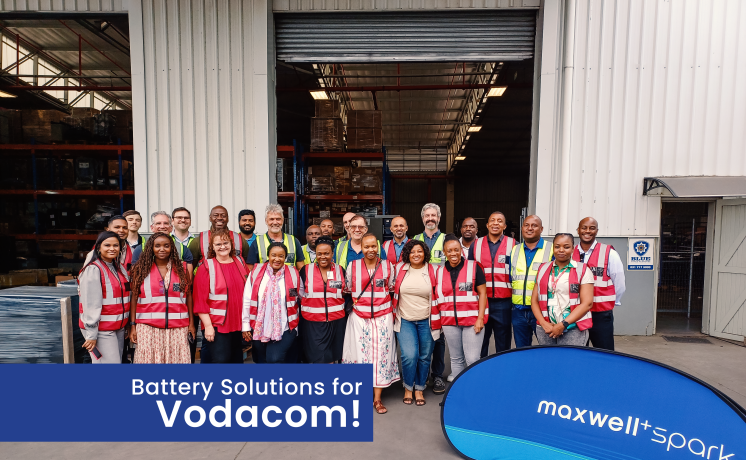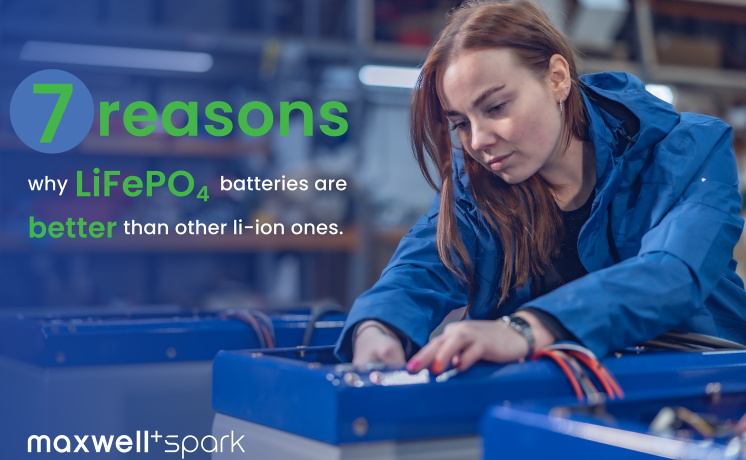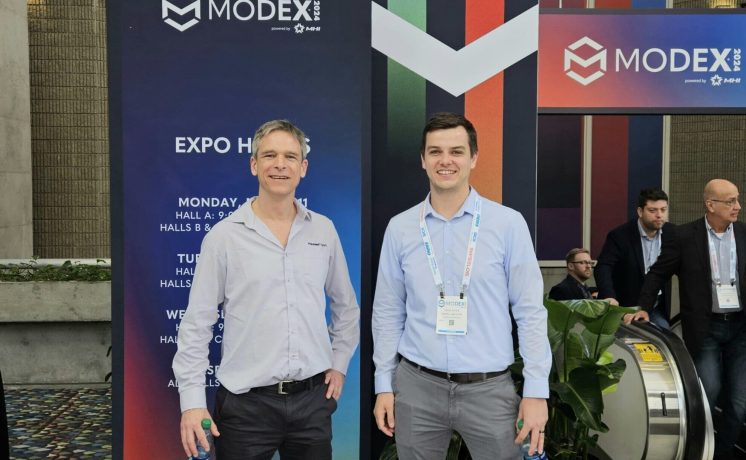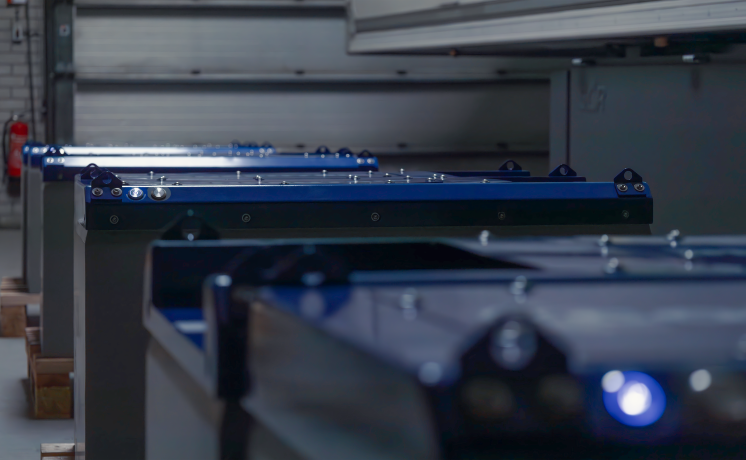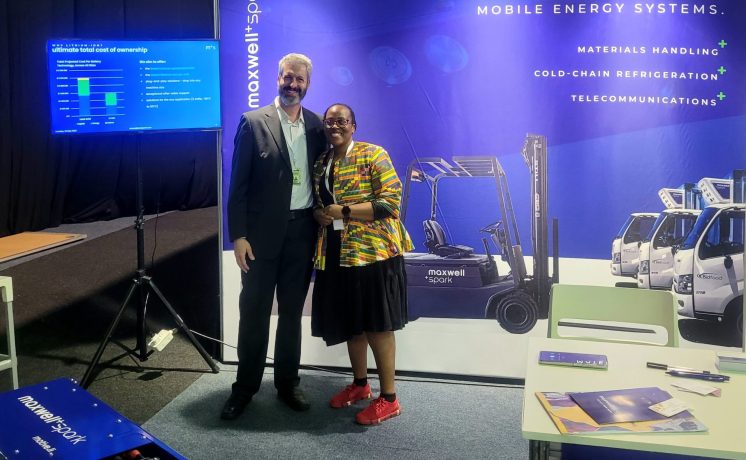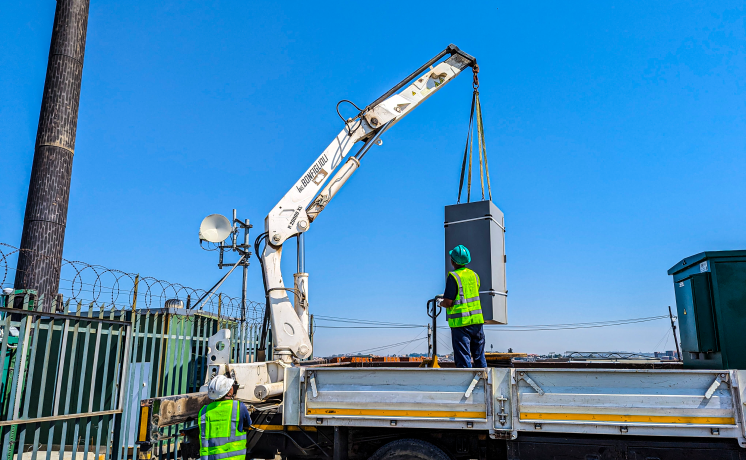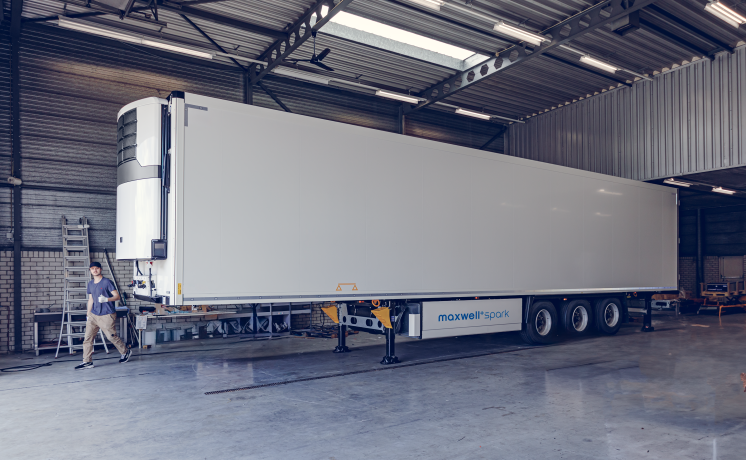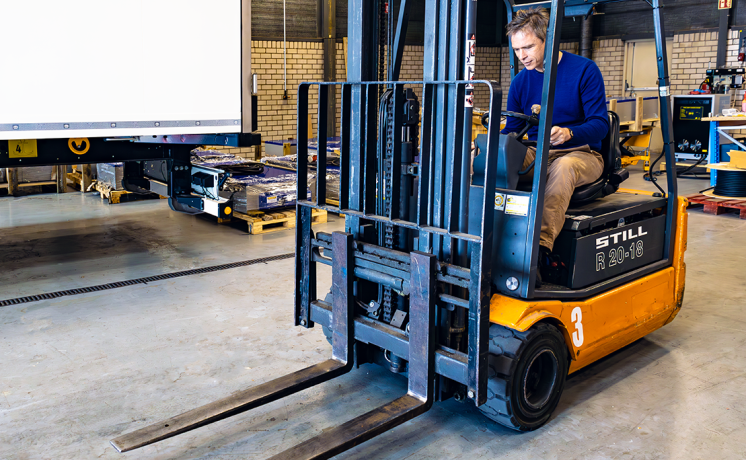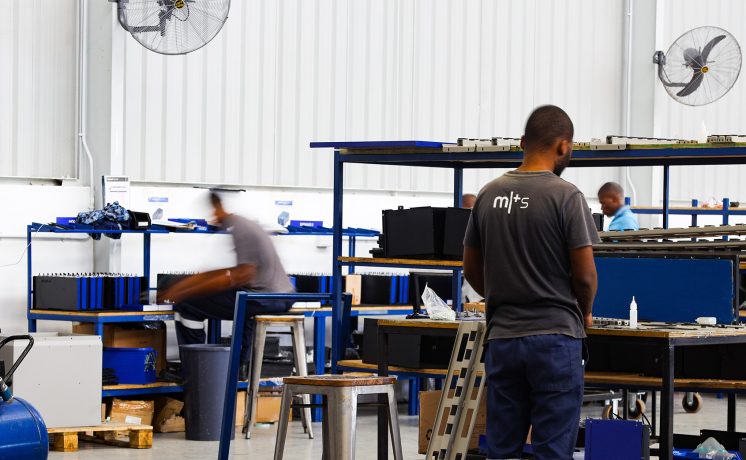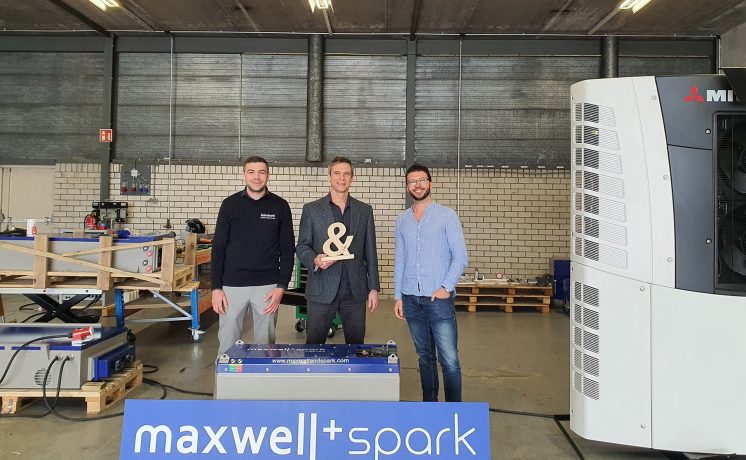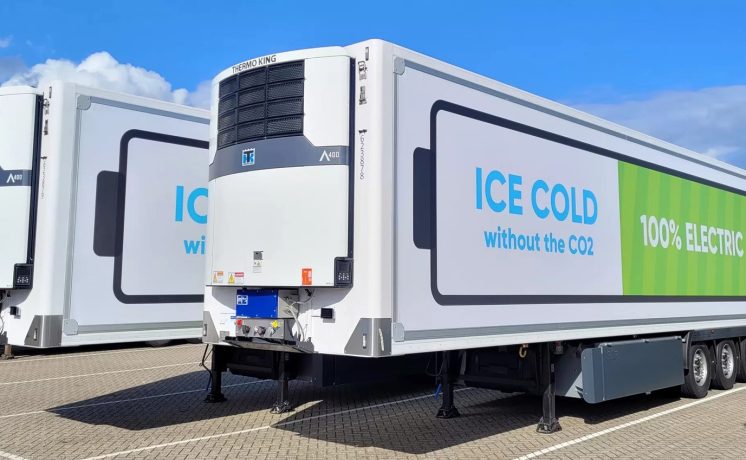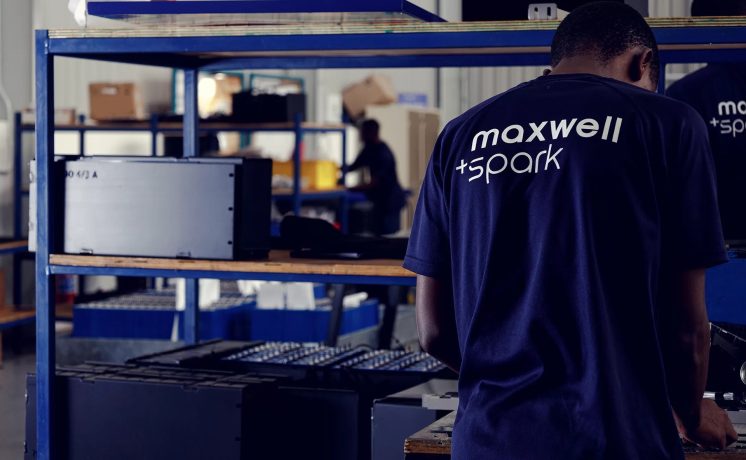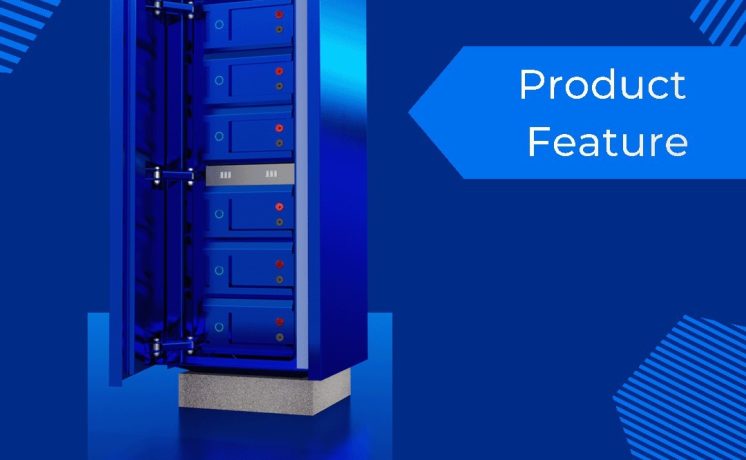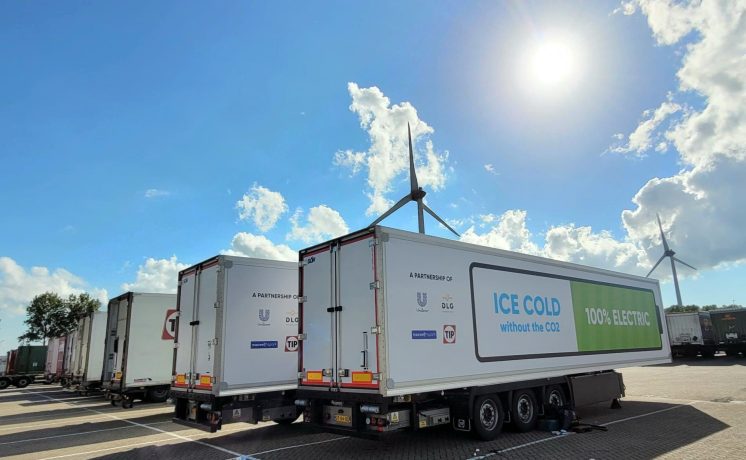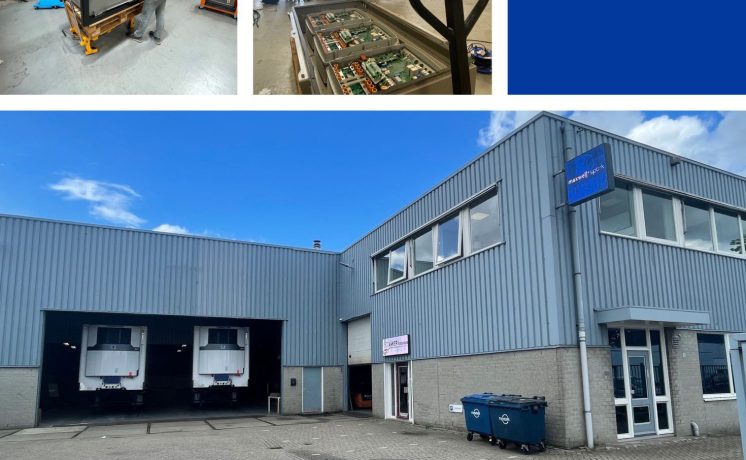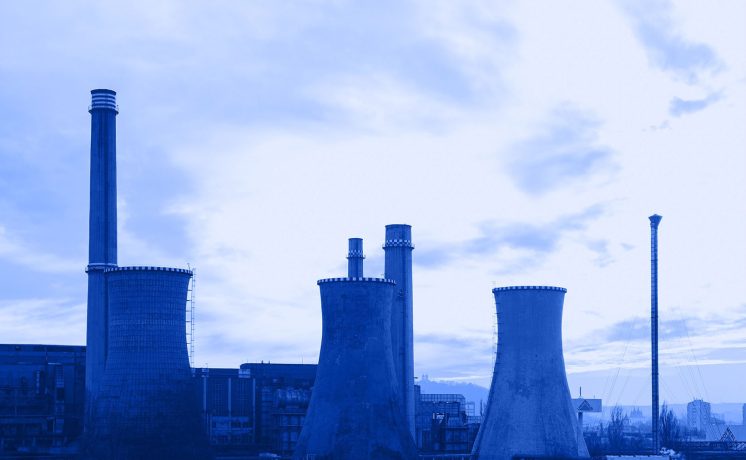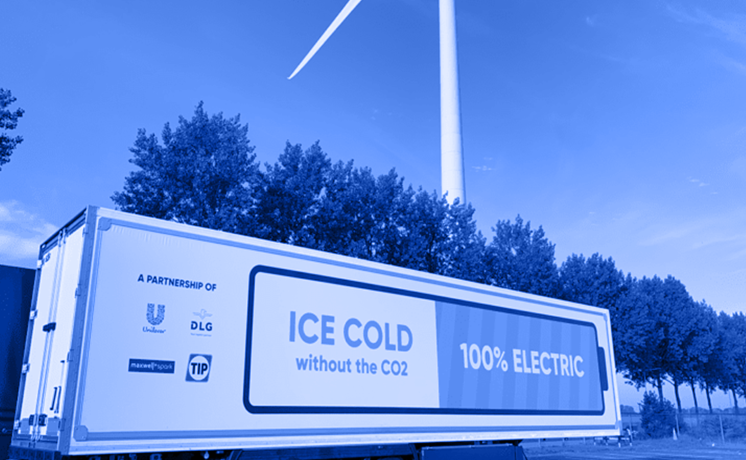Lithium-ion technology stands at the intersection of progress and pollution. This is a tricky line to navigate, and at maxwell+spark we feel it is important to explore the ethical dimensions of the lithium-ion technology we develop.
While we’re passionate about helping industry shift from diesel to electric and thereby reduce their carbon footprint, we are mindful that this too carries an environmental cost. At the same time, we must acknowledge that producing anything carries a cost – all materials that we need for society to function which must be extracted or processed will leave some kind of bootprint on the earth. How deep and harsh that print is, is up to us.
The socio-political impact of li-ion batteries cannot be underestimated. The extraction of some of the minerals required, particularly cobalt, often occurs in regions marked by political instability and human rights concerns. Mining often leads to habitat destruction and pollution. Additionally, the extraction of lithium, depending on the method employed, can consume massive amounts of water, leading to adverse effects on local ecosystems and communities.
For maxwell+spark choosing an ethical battery chemistry involves considering the social implications of mineral sourcing and extraction. For clarity, we will outline the li-ion landscape and explain battery chemistries in use.
- Lithium Cobalt Oxide (LiCoO2)
LiCoO2 batteries are known for their high energy density, making them suitable for portable electronics like smartphones and laptops. However, they are plagued by ethical concerns, and are also one of the less safe chemistries. The mining of cobalt, a critical component, has often been linked to exploitative labour practices and environmental damage in regions like the Democratic Republic of Congo.
- Lithium Iron Phosphate (LiFePO4)
LFP batteries (as used by maxwell+spark) offer a more ethical alternative. They contain no cobalt or other heavy metals like nickel and manganese and are considered safer due to their inherent chemical thermal stability. Their very long cycle life also contributes significantly to increased environmental-sustainability – the longer a cell lasts, the fewer cells need to be manufactured.
- Lithium Nickel Manganese Cobalt Oxide (NMC)
NMC batteries strike a balance between energy density and safety. However, they still rely on cobalt, as well as nickel and manganese, which pose ethical concerns. They are more thermally stable than LiCoO2, but not as stable as LFP.
- Lithium Titanate (Li4Ti5O12 or LTO)
LTO batteries are known for their exceptional cycle life and safety. While they don’t use cobalt, they have a much lower energy density and are significantly more expensive, making them better suited for niche applications like hybrid buses and small UPS’s.
Maxwell+spark’s commitment to LFP battery technology reflects one aspect of our conscious effort to provide ethical energy storage solutions to meet the growing demand.
